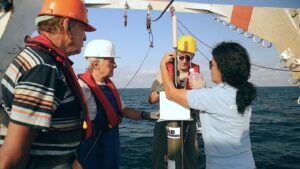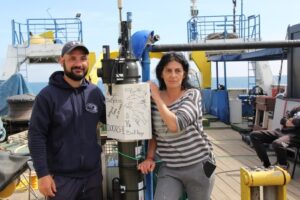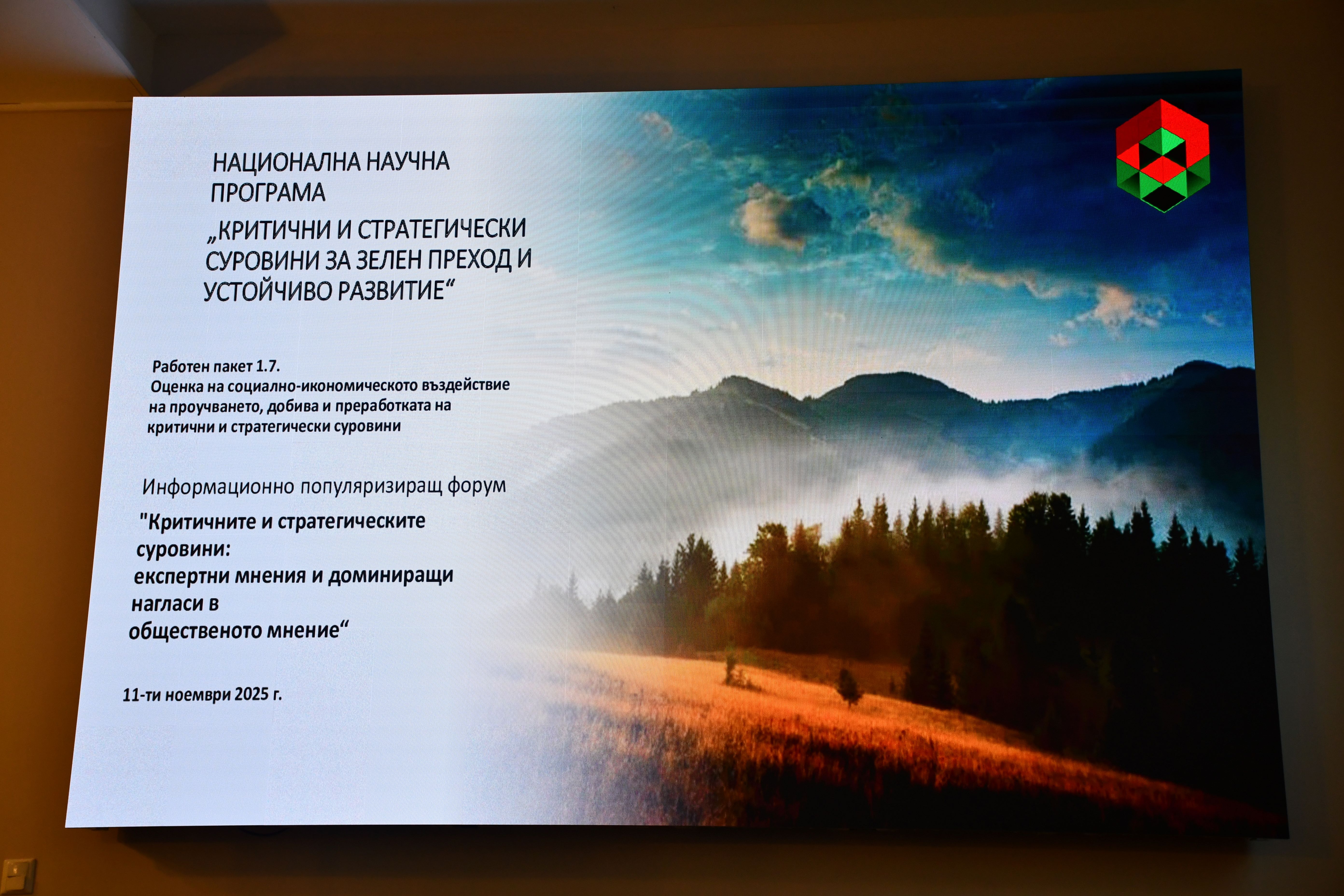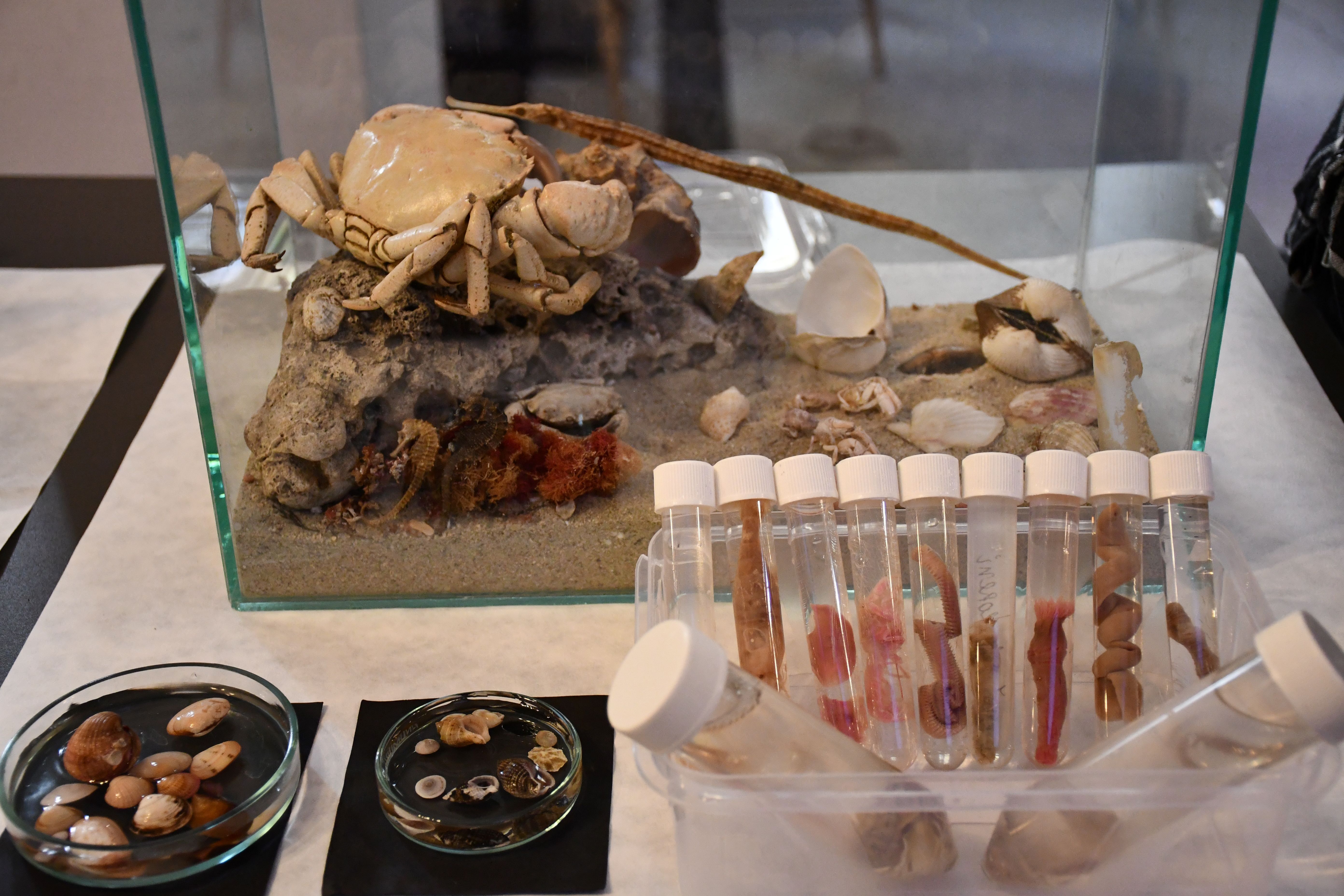In the recently published report on the state of the Global Ocean Observing System (GOOS) for 2025 – https://www.ocean-ops.org/goosreport/ – Bulgaria’s contribution is reflected through our participation in the Argo program. The Bul-Argo project is led by the Institute of Oceanology of BAS in collaboration with Sofia University and the National Institute of Meteorology and Hydrology and is implemented with the support of the Ministry of Education and Science through the National Roadmap for Scientific Infrastructure.
The report highlights the status of GOOS observation networks and progress in strengthening the world’s capacity to observe the ocean, understanding and adapting to a changing climate, improving operational services, and protecting the health of the oceans – all of which are fundamental to sustainable ocean economies and the safety and well-being of societies around the world.
The efforts of Bulgarian scientists are focused on monitoring the Black Sea where Bulgaria maintains an active network of Argo buoys – the only monitoring system with basin-wide coverage. Some of the buoys are equipped with biogeochemical sensors which allow for a more in-depth analysis of biogeochemical processes and their link to climate change. The collected data is included in real time in global open access databases and is used in the preparation of Copernicus products for the Black Sea which places Bulgaria among the active participants in the systematic global monitoring of the oceans.







